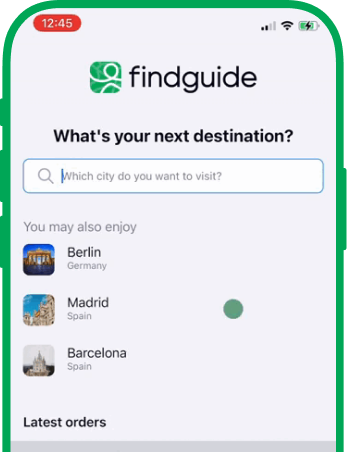
5 Smallest Countries in the World You Can Visit
- smallest countries in the world
- Liechtenstein travel
- San Marino tourism
- Tuvalu travel
- Monaco guide
- Andorra travel
- private tour guides
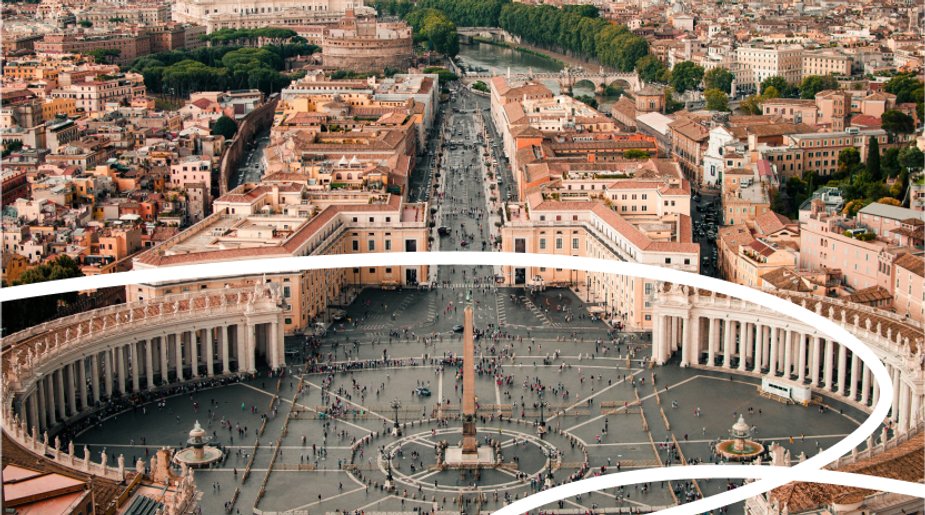
Most travelers dream about Paris, Rome, or Tokyo. But the world map is full of much smaller places that almost never make it into travel plans. Some of these are the smallest countries in the world, and a few of them are so tiny you could walk across them in less than a day. Still, they offer castles, beaches, and mountain trails that make them worth visiting.
Here are five of the smallest countries you can visit, and what travelers can actually see and do there.
Liechtenstein: Small Kingdom, Big Mountains

Liechtenstein is squeezed between Switzerland and Austria and often appears on lists of smallest countries in Europe. It’s about the size of Washington, D.C., and has only 40,000 people. The capital, Vaduz, is quiet, but Vaduz Castle up on the hill is still home to the royal family. Not many countries can say that.
What to see: Vaduz Castle, Kunstmuseum (modern art), Malbun ski resort.
Costs: Dinner around €20, hotels from €80.
Walk around with a guide here and you’ll hear things you won’t find in brochures — like how a country this small still has its own army history and monarchy.
San Marino: The Republic on a Hill

San Marino sits entirely inside Italy and is often searched as the oldest republic in the world. The old town is built on Mount Titano, which means great views along with stone towers and medieval streets.
What to see: The Three Towers, Basilica of San Marino, Palazzo Pubblico.
Costs: Coffee €2, dinner €25, hotels from €70.
A guide makes this visit more fun. Without one, you’ll see castles. With one, you’ll get stories of knights, sieges, and political drama that kept this tiny republic alive for centuries.
Tuvalu: A Country Few Travelers Reach

Tuvalu, in the Pacific, is one of the least-visited countries on earth. Flights are rare and expensive, which keeps tourism very low. But if you make it, you’ll find a country where life moves slowly, the beaches are almost empty, and locals are happy to invite you into their community.
What to see: Funafuti Lagoon, Nanumea Island, cultural shows.
Costs: Guesthouses from $50, meals $10–15.
Here, guides are more than storytellers — they’re your connection to daily life. They help arrange boats, show you traditional dances, and explain how islanders adapt to rising sea levels.
Monaco: Tiny Country, Big Reputation

Monaco is one of the smallest countries in the world by area, yet one of the most famous. It is famous for Formula 1, luxury yachts, and casinos. It’s just over two square kilometers, yet it draws celebrities and billionaires every year. But you don’t have to be rich to enjoy it.
What to see: The Prince’s Palace, Oceanographic Museum, Larvotto Beach.
Costs: Coffee €6, dinner €45, hotels from €120.
Most people rush straight to Monte Carlo, but a guide can show you older neighborhoods, quieter streets, and places where the “real” Monaco is still alive.
Andorra: Mountains Between Spain and France

Andorra is located in the Pyrenees Mountains and often searched as a cheap European ski destination. Beyond shopping and ski resorts, it has villages, hiking trails, and Romanesque churches.
What to see: Grandvalira ski area, Sant Joan de Caselles Church, Coma Pedrosa Natural Park.
Costs: Hotels from €60, meals €18, ski passes €40.
A guide here can map out the best trails, explain local traditions, and help you find hidden spots in the mountains.
Why Small Countries Are Better With a Guide
In big cities you can survive with Google Maps and a few blog posts. In small countries, that doesn’t always work. Local guides give you context, save time, and often turn a short visit into a real experience.
If you want an easy way to find private guides, check out FindGuide. The app connects you with local experts in places like Liechtenstein, Tuvalu, or Andorra — countries where a guide can make all the difference.
Top reads

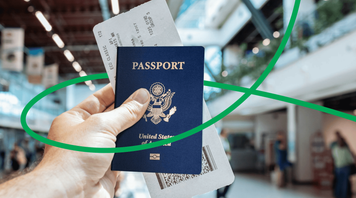
Countries That Do NOT Require 6 Months Passport Validity in 2026

Belize Travel Guide: Where Is Belize, Main Cities, Weather, and Travel Safety
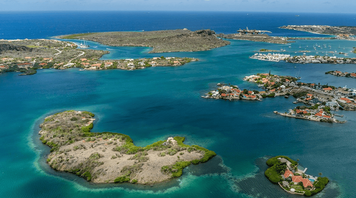
Celebrity Private Islands in the Caribbean: Locations, Owners & What Travelers Should Know
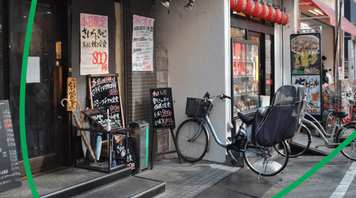
Hidden Gems of Japan: Where to Go If You’ve Already Been to Tokyo






